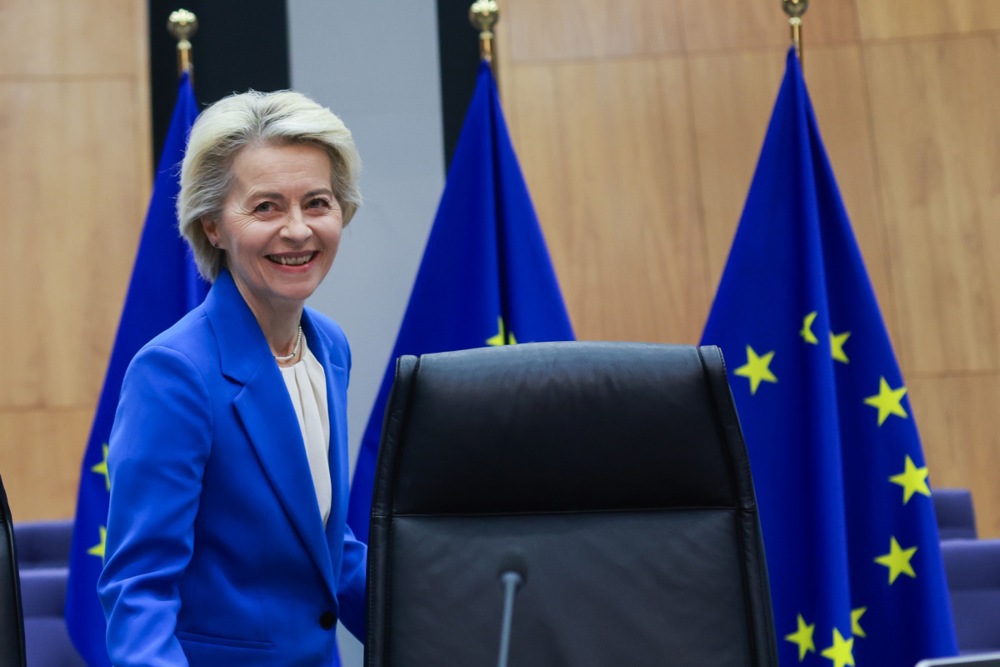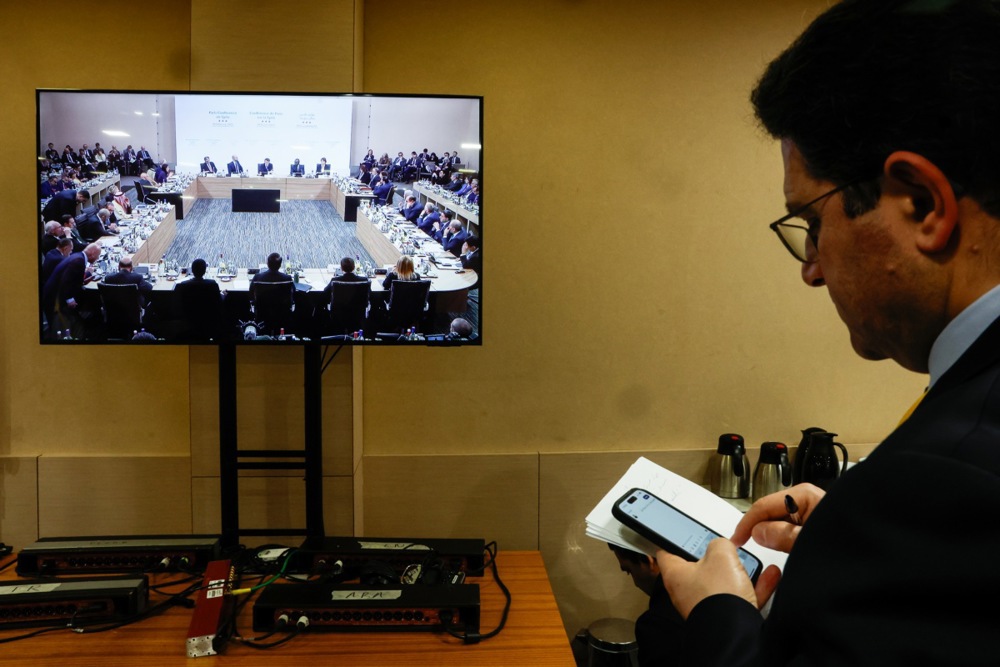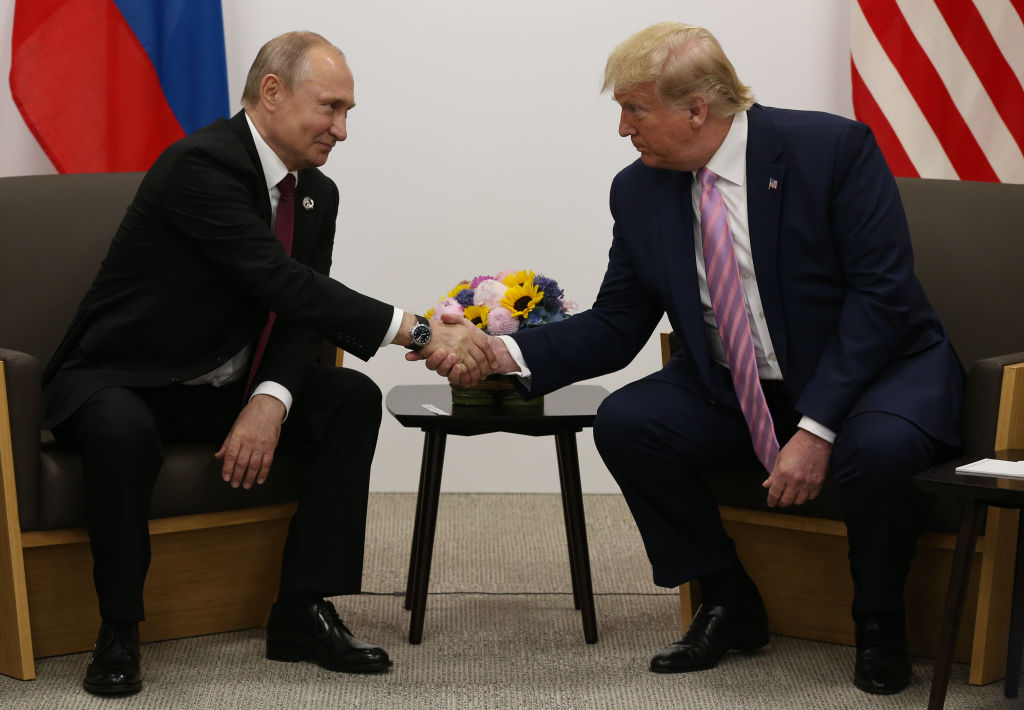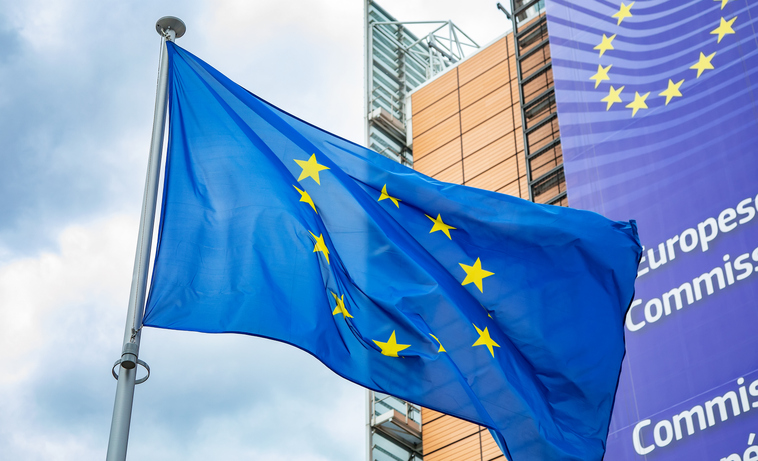European Commission President Ursula von der Leyen has pushed attendees at the Caribbean Nations Summit (Caricom) to call for peace in Ukraine, despite the Caribbean being thousands of miles away from the conflict.
Speaking alongside Barbadian Prime Minister Mia Mottley during a press conference on the sidelines of the 48th Caricom Summit in Barbados, von der Leyen framed support for Ukraine as a moral obligation and a strategic necessity for Europe.
“Ukraine is a future member of the European family. So supporting them means also supporting us,” she said on February 19.
She went on to urge Caribbean leaders to speak out for peace, not only in Ukraine but also in areas where European interests were increasingly at stake.
“And it is important to also call for a just peace not only in Ukraine but also in the Middle East, in Sudan and Haiti, which is what you have always done,” she said.
Von der Leyen called for closer ties between the Caribbean and Europe, painting a picture of a world fracturing into competing spheres of influence.
“Three years after Russia’s full-scale invasion of Ukraine, we live in an even more challenging world. And this is why the Caribbean and Europe need each other more than ever before,” she declared.
She stressed that, in a time of global competition, Europe was offering partnerships, not power struggles.
“In this world where there is a clear attempt by some to build spheres of influence … Europe’s offer is clear: Let us look for mutual interests and work together.”
Von der Leyen also praised the Caribbean for being one of the first regional blocs to stand with Ukraine, portraying its position as a sign of moral clarity.
“Russian tanks rolled into Ukraine and you were the first regional bloc to stand with Ukraine, with Europe, and with international law.”
“You did it because of your unwavering values compass. But also because a lawless world — where might make right — is just more dangerous for everyone,” she said.
Her remarks came at a delicate time for Ukraine, as US-Ukraine relations continued to deteriorate.
Washington was reportedly actively engaged in exploring a peace deal between Kyiv and Moscow, while the EU struggled to maintain a coherent position on the war.
The European political elite have been left in disarray as the US took the lead in shaping a resolution to the war in Ukraine without them, leaving them scrambling to find solutions. https://t.co/74UGfabmlH
— Brussels Signal (@brusselssignal) February 19, 2025
Russia and the US agreed in a meeting in Riyadh, Saudi Arabia, on February 18 to forge a path for peace and settle the war.
In practice, Caribbean nations have been largely unmoved by the Ukraine war and have shown little engagement.
Since the Russian invasion in 2022, the official Caricom website has mentioned Ukraine only once, perhaps a sign that the region remained largely indifferent to Europe’s foreign policy struggles.
This had not stopped the EC President from pushing for more Caribbean backing on Ukraine.
Von der Leyen also called for stronger ties and co-operation between the EU and the Caribbean islands.
She spoke of the bloc working together with Caricom nations on renewable energy.
“We are currently supporting Grenada to rebuild Carriacou and Petite Martinique with the goal of making the islands 100 per cent powered by renewable energy,” she said.
“And we have just discussed how to strengthen our co-operation in resilience and preparedness, so to work closer together to have a foresight when these natural disasters and extreme weather events, which are often related to climate change, hit,” she added.
Although Caricom countries represented a small region of the world, they could be a geopolitical asset for the EU as its relations with US have started to deteriorate.
Whether Caribbean nations would risk alienating such key global players to support an increasingly uncertain European peace plan regarding Ukraine remained to be seen.
Caricom members include Antigua and Barbuda, Barbados, Bahamas, Belize, Dominica, Grenada, Guyana, Haiti, Jamaica, Montserrat, Saint Kitts and Nevis, Saint Lucia, Saint Vincent and the Grenadines, Suriname, Trinidad and Tobago and the French island of Martinique.





